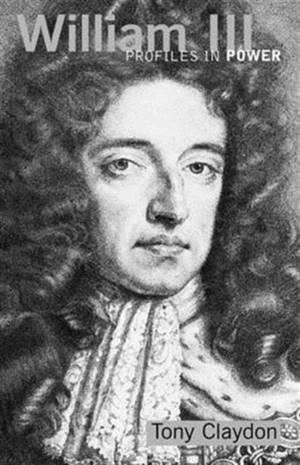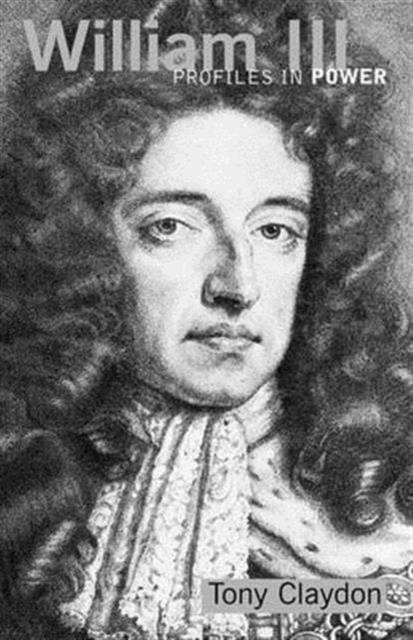
- Afhalen na 1 uur in een winkel met voorraad
- Gratis thuislevering in België vanaf € 30
- Ruim aanbod met 7 miljoen producten
- Afhalen na 1 uur in een winkel met voorraad
- Gratis thuislevering in België vanaf € 30
- Ruim aanbod met 7 miljoen producten
Zoeken
Omschrijving
William III, William of Orange (1650-1702), is a key figure in English history. Grandson of Charles I and married to Mary, eldest daughter of James II, the pair became the object of protestant hopes after James lost the throne. Though William was personally unpopular - his continental ties the source of suspicion and resentment - Tony Claydon argues that William was key to solving the chronic instability of seventeenth-century Britain and Ireland. It took someone with a European vision and foreign experience of handling a free political system, to end the stand-off between ruler and people that had marred Stuart history. Claydon takes a thematic approach to investigate all these aspects in their wider context, and presents William as the crucial factor in Britain's emergence as a world power, and as a model of open and participatory government.
Specificaties
Betrokkenen
- Auteur(s):
- Uitgeverij:
Inhoud
- Aantal bladzijden:
- 224
- Taal:
- Engels
- Reeks:
Eigenschappen
- Productcode (EAN):
- 9781138146440
- Verschijningsdatum:
- 11/05/2016
- Uitvoering:
- Hardcover
- Formaat:
- Genaaid
- Afmetingen:
- 140 mm x 216 mm
- Gewicht:
- 408 g

Alleen bij Standaard Boekhandel
+ 549 punten op je klantenkaart van Standaard Boekhandel
Beoordelingen
We publiceren alleen reviews die voldoen aan de voorwaarden voor reviews. Bekijk onze voorwaarden voor reviews.











